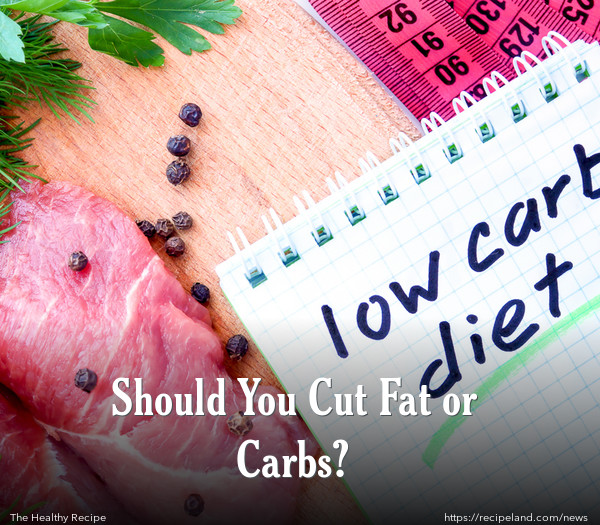Knowing whether to opt for low carb or low fat when choosing a healthy diet can be challenging. But, recent studies are showing that if you are going to cut something, then cutting the carbs is better for weight loss. A study published in the Annals of Internal Medicine found that those eating low carb diets lost more weights than those who opted for low fat diets.
After studying 148 men and women who were obese, but did not have heart disease or diabetes, assigned to either a low carb or low fat diet for one year, researchers found that low carb participants lost nearly 8 pounds more than their low fat counterparts. Additionally, their bodies showed lower fat masses and decreased risk of cardiovascular disease.
Before you go crazy and cut out all carbs, it is good to know that low carb doesn’t mean no carb. In this study, participants consumed up to 40 grams of carbohydrates per day (about the equivalent of 4 slices of whole wheat bread). They had no limit on the number of fibre grams they could consume. When the results were analyzed, the low carb participants actually consumed 75-85 grams of digestible carbs and about 15 grams of fibre per day.
If you are not sure how many carbs you are consuming, it can be helpful to check nutrition labels. But, more important than checking labels is understanding where the carbs come from. Choosing healthy sources of carbohydrates is very important. Lydia A. Bazzano, M.D., a lead author and researcher at Tufts University, states, "Carefully choosing your carbohydrate sources is key. If most of your carbohydrates are coming from whole vegetables and whole fruits rather than white rice, potatoes, refined grains, and beverages, then improved cardiovascular health and even weight loss is likely to follow."
Another interesting outcome of this study is the finding that fat can help with weight loss. Those following a low fat diet lost less weight than their low carb counterparts, and also learned to choose healthy fats in place of carbs. When healthy fats, especially unsaturated types, are used, risk of cardiovascular disease decreases.










Comments